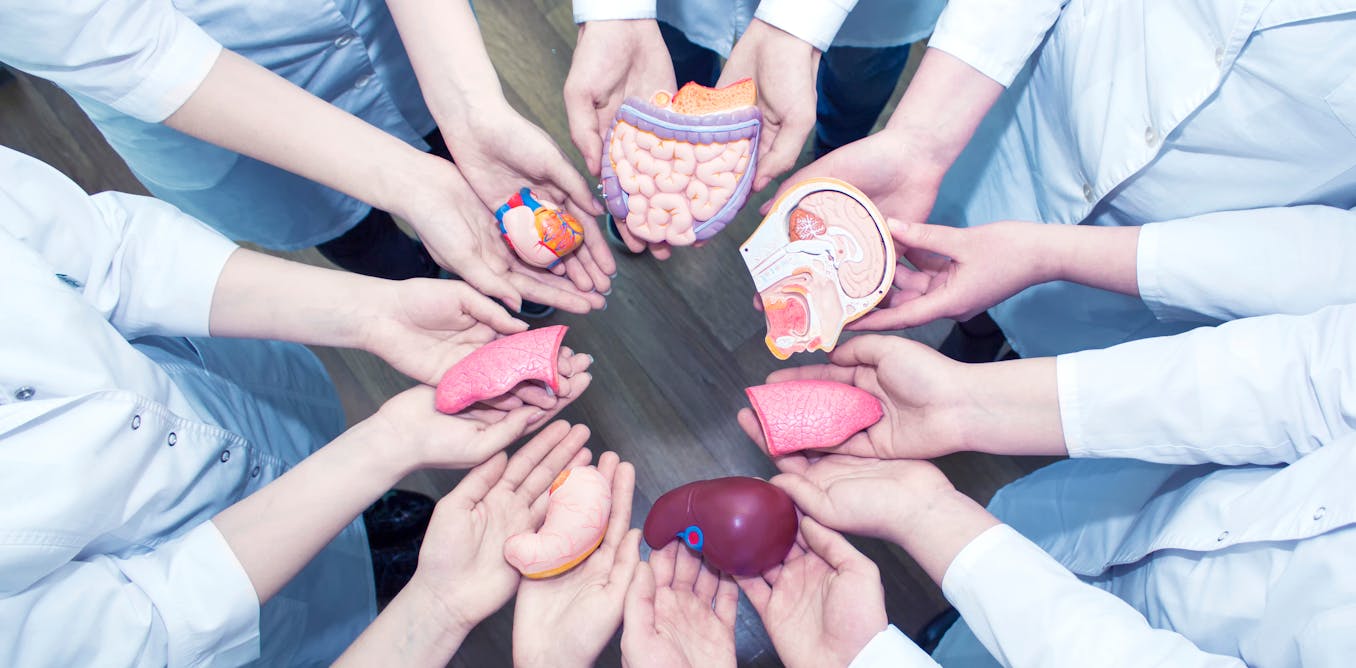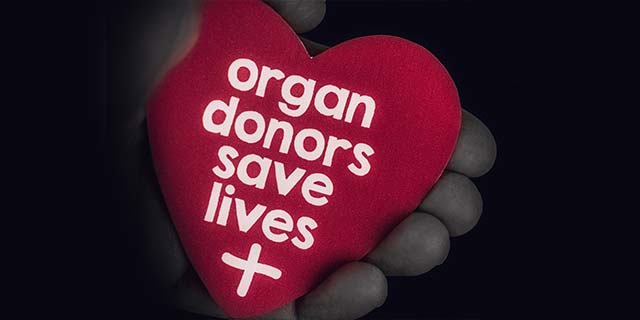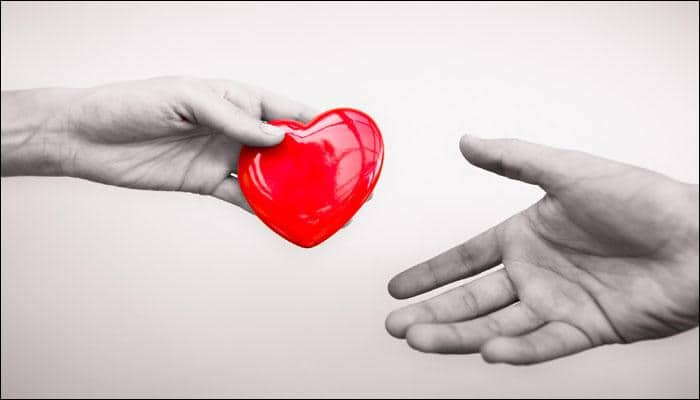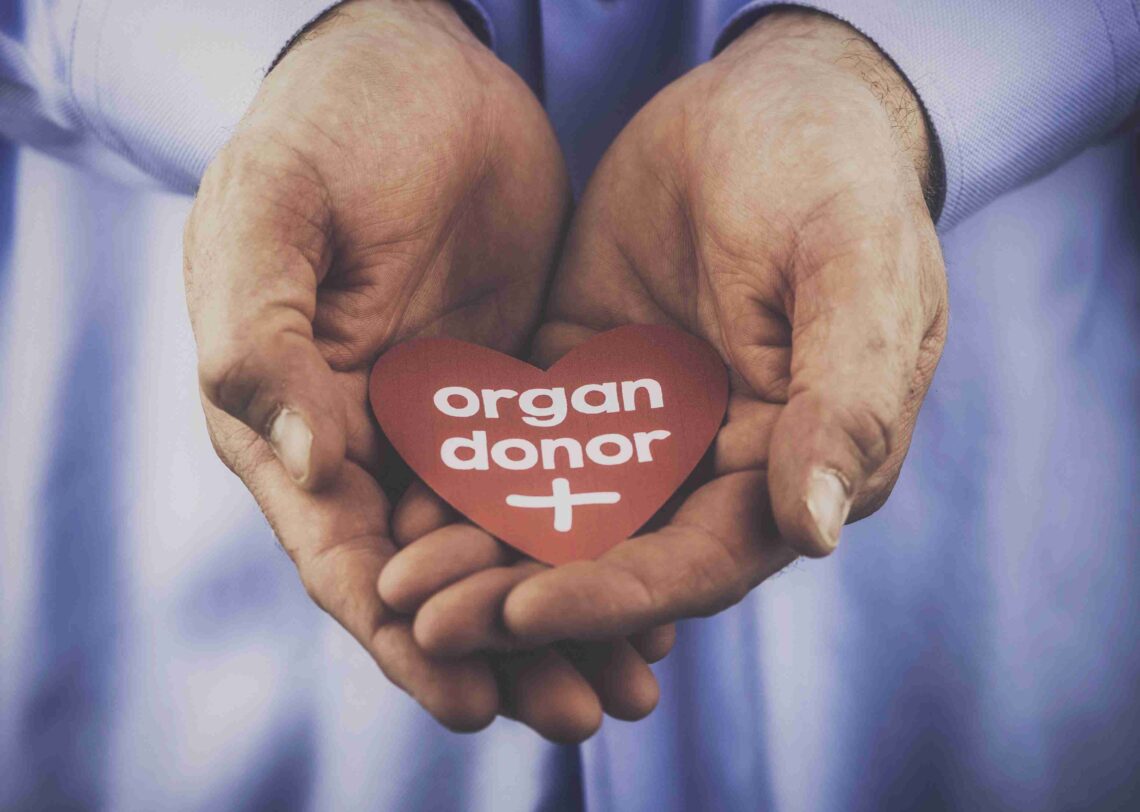History
The history of organ donation and transplantation in India dates back to 2000 B.C. when Sushutra, an ancient doctor or healer (commonly known as Veds) fixed the broken noses of soldiers by grafting skin from their chin and transplanting it on their noses.
However, the earliest mention of organ transplants is Hindu mythology when the head of one of the Hindu Gods- Lord Ganesh- was replaced by that of an elephant.
The first successful leg transplant was carried out by Arab twins Cosmas and Damian who were saints as well as physicians.

Yet, the recognized time period for the origin of successful transplant surgery is considered the beginning of the 20th century, around the time we discovered that we had blood groups and that blood belonging to the same groups could be medically transfused from one person to another; in the past, this had meant that organs could then be transplanted surpassing all obstacles in the way, this, however, was not true and organs transplants continued to fail in most cases till the mid-twentieth century.
With the onset of the 1950s, French immunologist Jean Dausset discovered the existence of tissue types in different people as well, leading to another remarkable discovery by Peter Medawar revealing that when organs are transplanted from one body to another, the immune system of the recipient starts rejecting those organs in case the organs are not anatomically compatible and sometimes even irrespective of that criteria.

This led to the modern-day balanced perusal of drugs that suppress the working of the immune system during transplant surgery in order to avoid the inception of organ rejection by the recipient body.
The first-ever successful organ transplant was carried out on the Herrick Twins since twins have the same tissue type and usually the same blood group as well.
Since then, medical science has made immense leaps in the understanding of organ harvesting and transplantation.
Nowadays, organs are transported from city to city without the fear of early decay, through aerial medical transportation and drugs used to preserve them for a longer time.
We have come a long way in the range of organs that can be donated and transplanted as well, A living person can gift a variety of tissues and organs such as one of their kidneys, parts of their liver (a liver has natural regeneration properties) and in a few years we will be looking at the possibility of a miraculous head transplant as well.
Obstacles in the way
Although technology and medical science have come a long way, it is a very disheartening fact that the demand for organs far exceeds its supply.
People are apprehensive of becoming organ donors or donating organs of family members post their demise because of several myths and misconceptions regarding organ donation.
People’s beliefs range from the religious importance of organs to the liberation of the soul to the fear that bodies get egregiously mutilated during these surgeries.

Another problem that India faces is the commercialization of organ donation with foreigners receiving more organs in the country than the nationals themselves.
Statements such as, “I’ll have to sell my kidneys to buy ‘so-and-so’ expensive articles” are jokingly thrown around in casual conversations.
The act itself, however, is illegal in the country and yet many indulge in it knowingly, either to rise out of poverty or just to satisfy their greed for extra bucks with minimal efforts.
Several government medical institutes are underequipped to carry out harvesting and transplant procedures limiting the availability of hospitals for transplants for those who require it urgently.
Our responsibility
Out of the 5 lakh people in need of organ transplants, less than 1% actually receives any organs.
While the cultural and religious sentiment of people regarding a deceased person’s body cannot be avoided, it is our duty to bust myths and reduce apprehensions around Organ donations, respectfully.

The fear of losing out on the chance of getting an RSVP to an afterlife that may or may not even exist seems futile in front of an actual possibility to live even beyond your death as a part of someone’s body; someone who will always be grateful for the unforgettable gift you gave them making you eternal in their memory.
One organ donor can save up to 8 lives. This write-up is dedicated to those heroes who selflessly give a part of themselves or a part of their family members and bestow the gift of healing and life on someone else.
Also Read: 8-Year Old Hindu Boy Faces Possible Death Penalty Under Blasphemy Charges In Pakistan












